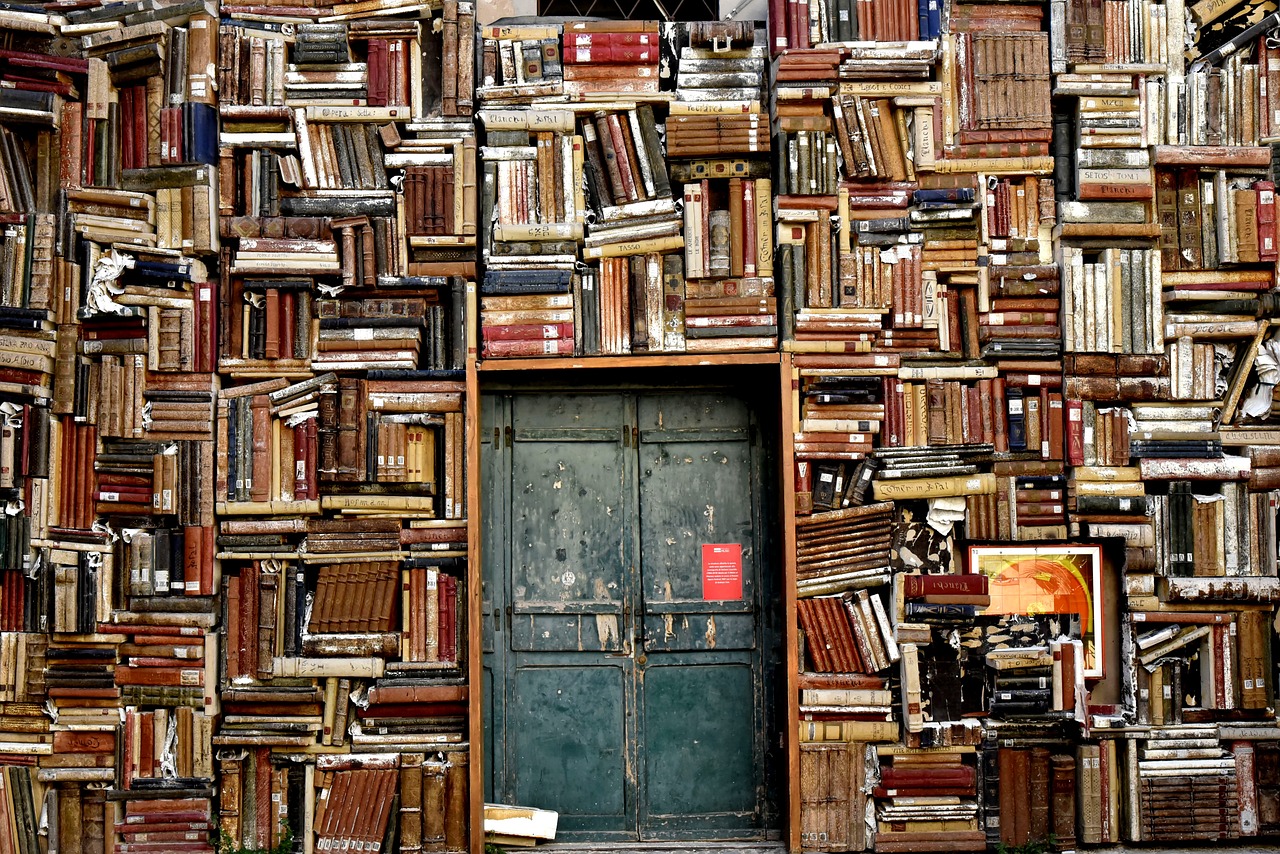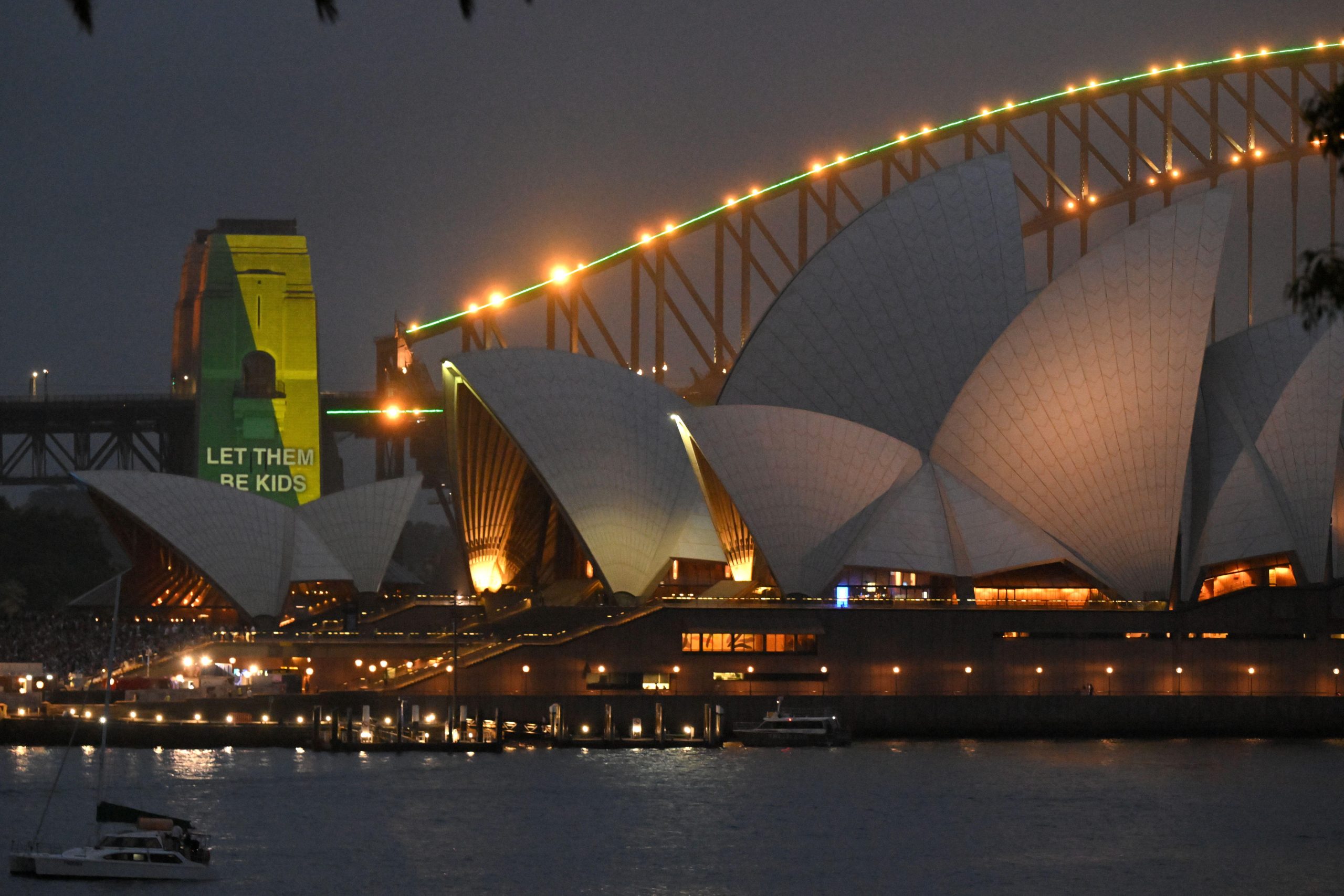For those of us who cannot imagine a future without books, it is disturbing to note how many present-day visions have no room for books at all. The view from Bill Gates to Blade Runner is distinctly post-literate. For those of us who write books, it sometimes seems that it’s open season on writers around the world nowadays, a horrifying state of affairs which this indispensable magazine does so much to record and to protest against. And for those of us who are as concerned about the right to read what we choose as the right to write what we choose, it is alarming that the business of demanding bans on whatever ideas get up people’s noses is getting to be respectable. It’s getting to be cool.
Futurology can be defined as the science of being wrong about the future, and novelists are no better at this kind of speculation than anyone else. Bad news being more glamorous than good, dystopic predictions are far easier to come up with than optimistic ones, and have more apparent credibility. Trapped between indifference and persecution, looking increasingly anachronistic beside the new information technology, what chance of survival does literature have? It’s easy to shrug despairingly and start preparing the obituaries.
And yet, I find myself wanting to take issue with this facile despair. It is perhaps the low-tech nature of the act of writing that will save it. Means of artistic expression that require large quantities of finance and sophisticated technology — films, plays, records — become, by virtue ofthat dependence, easy to censor and to control. But what one writer can make in the solitude of one room is something no power can easily destroy.






